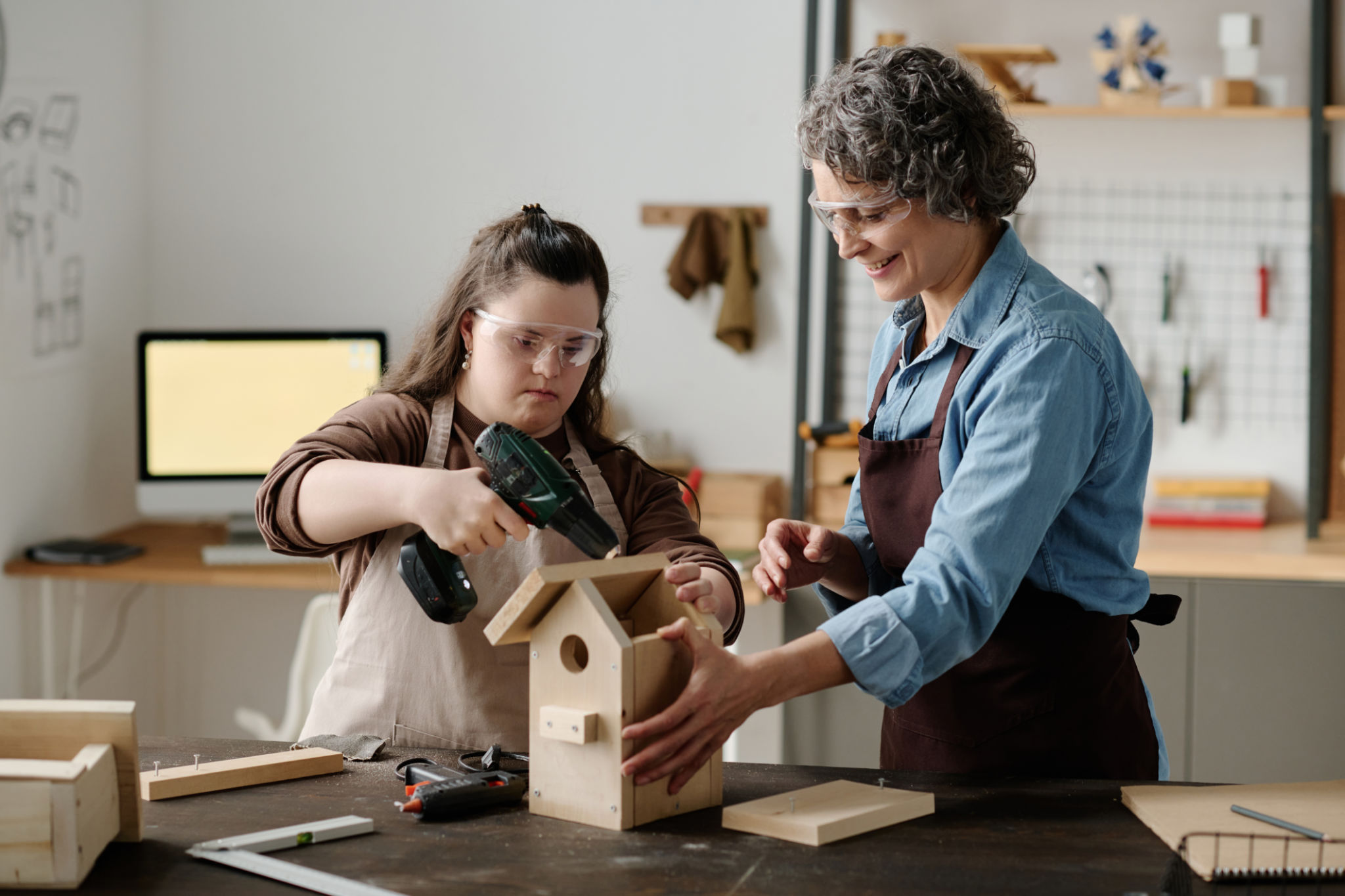DIY Carpentry Projects for Beginners: Tips from a Townsville Carpenter
Getting Started with DIY Carpentry
Diving into DIY carpentry can be an incredibly rewarding experience, especially for beginners eager to create something with their own hands. Whether you're building a simple bookshelf or a coffee table, the satisfaction of completing a project on your own is unmatched. However, starting can be intimidating without the right guidance.
According to a Townsville carpenter with years of experience, the key to successful DIY carpentry is to begin with the basics. Understanding the fundamental tools and materials is essential. Before you start, ensure you have the following tools at your disposal:
- Hammer
- Screwdriver set
- Measuring tape
- Handsaw
- Drill

Choosing the Right Wood
Wood selection is crucial for any carpentry project. As a beginner, it's recommended to start with softwoods like pine or cedar, which are easier to work with than hardwoods. These woods are not only more forgiving but also more affordable, making them perfect for practice projects.
When selecting wood, pay attention to its grain and knots. A straight grain is easier to cut and shape, while excessive knots can make the wood brittle. Remember, the quality of your materials will directly impact the final outcome of your project.

Planning Your First Project
Starting small is the best way to build confidence in your skills. Simple projects such as a birdhouse, picture frame, or a basic stool can be excellent starting points. These projects typically require minimal materials and time but will teach you essential techniques such as measuring, cutting, and assembling.
Ensure you have a clear plan before beginning. Sketch out your design, list all necessary materials, and carefully read through any instructions or tutorials you might be following. This preparation will help prevent common mistakes that could lead to frustration or wasted resources.

Safety First
Safety should always be a priority in carpentry. Even small projects require careful attention to prevent accidents. Always wear protective gear like safety glasses and gloves. Ensure your workspace is clean and organized to avoid tripping hazards.
When using power tools, take the time to read manuals and understand their operation fully. If you're uncertain about any tool or technique, don't hesitate to ask for help or do additional research. It's better to be safe and informed than risk injury.

The Importance of Patience and Practice
Like any skill, carpentry requires patience and practice. Don’t be discouraged by initial mistakes or imperfections in your projects. Each error is an opportunity to learn and improve your skills. Over time, with dedication and practice, you'll find yourself tackling more complex projects with greater confidence.
The Townsville carpenter emphasizes that persistence is key. As you progress, you'll discover new techniques and methods that will enhance your craftsmanship. Remember, even the most skilled carpenters started as beginners.

Seeking Inspiration and Learning
If you find yourself stuck or in need of inspiration, consider joining local carpentry workshops or online forums. Engaging with a community of fellow DIY enthusiasts can provide valuable insights, tips, and encouragement.
YouTube channels, blogs, and carpentry books are also excellent resources for learning new techniques and finding project ideas. Absorbing knowledge from multiple sources will broaden your understanding and inspire creativity in your work.

Conclusion
Embarking on DIY carpentry projects as a beginner can be both fun and fulfilling. By starting with simple projects, choosing the right materials, prioritizing safety, and practicing patience, you'll set yourself on the path to becoming a skilled carpenter. With time and practice, you'll not only enhance your abilities but also gain immense satisfaction from creating with your own hands.
So grab your tools, plan your project, and enjoy the journey of crafting something truly unique!
